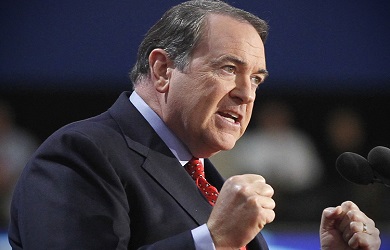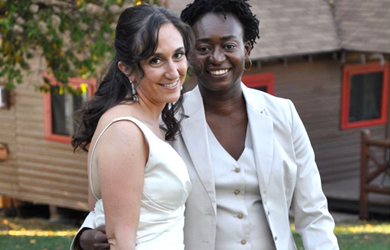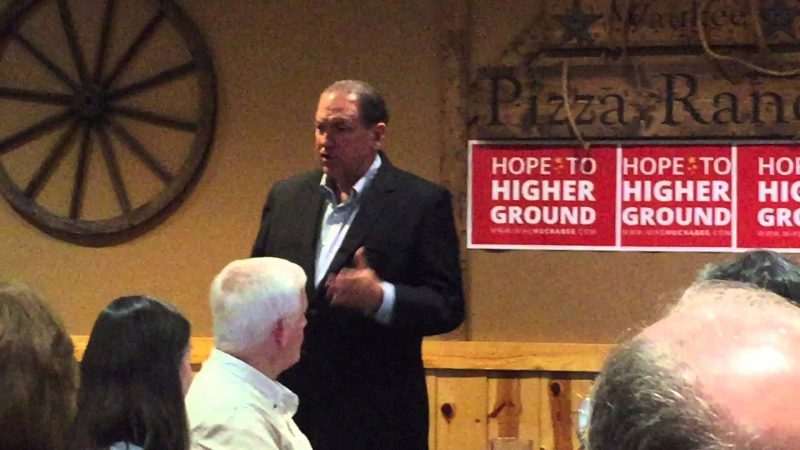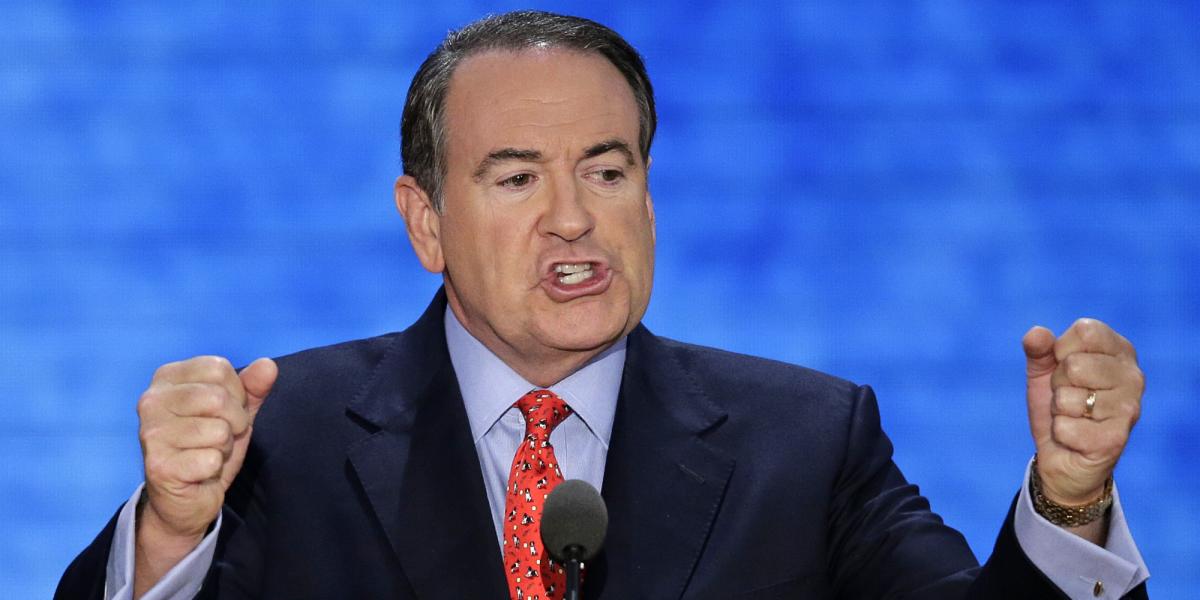As we noted earlier this week, the Family Research Council’s Tony Perkins recently helped lead an effort to get Religious Right leaders to rally around a single Republican presidential candidate in order to maximize the movement’s ability to get a nominee to their liking. Earlier this month, dozens of Religious Right leaders agreed to back Ted Cruz over Marco Rubio. Mike Huckabee, a favorite of many Religious Right activists in 2008, wasn’t even a finalist.
The National Review’s Tim Alberta reports that Mike Huckabee is disappointed by the development:
“For reasons I don’t fully understand, years and years of actually doing something and getting things done didn’t matter,” Huckabee said of the group’s deliberations. ”And I don’t understand that.”
…Huckabee, according to sources, has often reminded Perkins and his fellow influencers that a major reason he gave up his Fox News show and launched a 2016 campaign was because he expected to have their backing. Their decision to instead support Cruz, then, seemed to sting Huckabee personally as much as politically. “You know, everybody has a right to do what they want to do. But it was disappointing to me. These are guys I’ve worked with for years and years. Many of them I’ve helped with their projects and their various endeavors,” Huckabee says, shaking his head. A moment later, he adds, “But you know, that’s life.”
It’s not the first time evangelical leaders have disappointed Huckabee. In the 2008 Republican primary race, Huckabee surprised many when he won the Iowa caucus, eventually winning victories in eight states. But many Religious Right leaders at the time weren’t initially convinced he could win and were slow to rally around him. James Dobson didn’t endorse Huckabee until after McCain’s successes on Super Tuesday. Huckabee did not keep his frustrations to himself when he eventually dropped out of the 2008 race.
The Southern Baptist minister said leaders who stood behind pulpits and shared biblical stories of faith were far less likely to put faith in Huckabee’s candidacy.
“Some people really worshipped at the altar of electability rather than to be faithful and loyal to the principles they were supposed to be committed to,” Huckabee said on a telephone conference call sponsored by Charisma magazine.
“When it gets to their own political realm, they think more secularly than even the secular people. That was very troubling,” he said.
Right-wing activist Paul Weyrich said at the time that he regretted not having backed Huckabee when it might have made a difference. It seems likely that Huckabee could have made a strong case for Religious Right backing in 2012; in fact he had strong poll numbers in 2011 and the New York Times suggested that if he had entered the race he would have become the “presumed candidate of evangelicals.” But he seems to have missed his chance when he decided, after sending lots of contradictory signals, to sit that one out.








